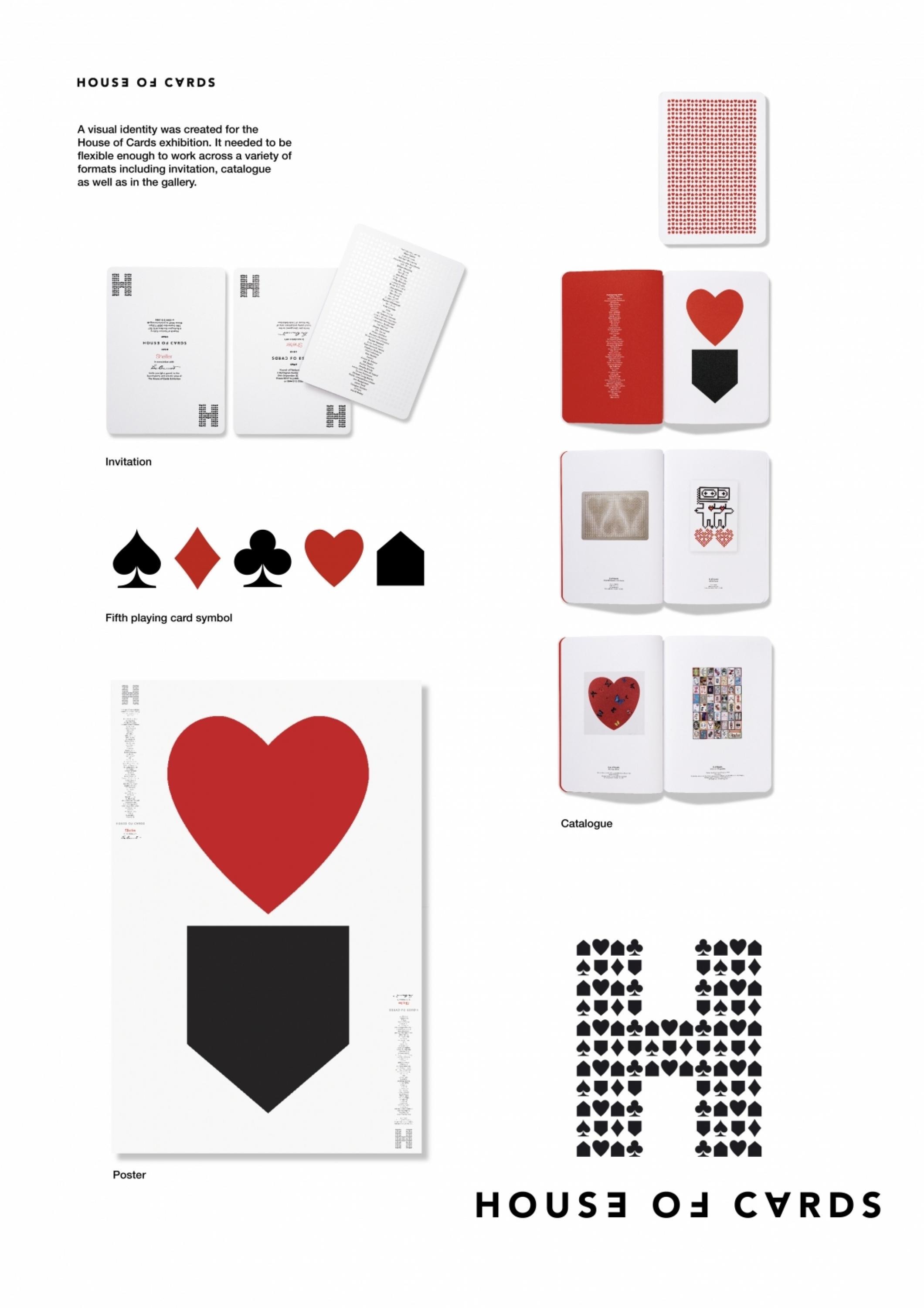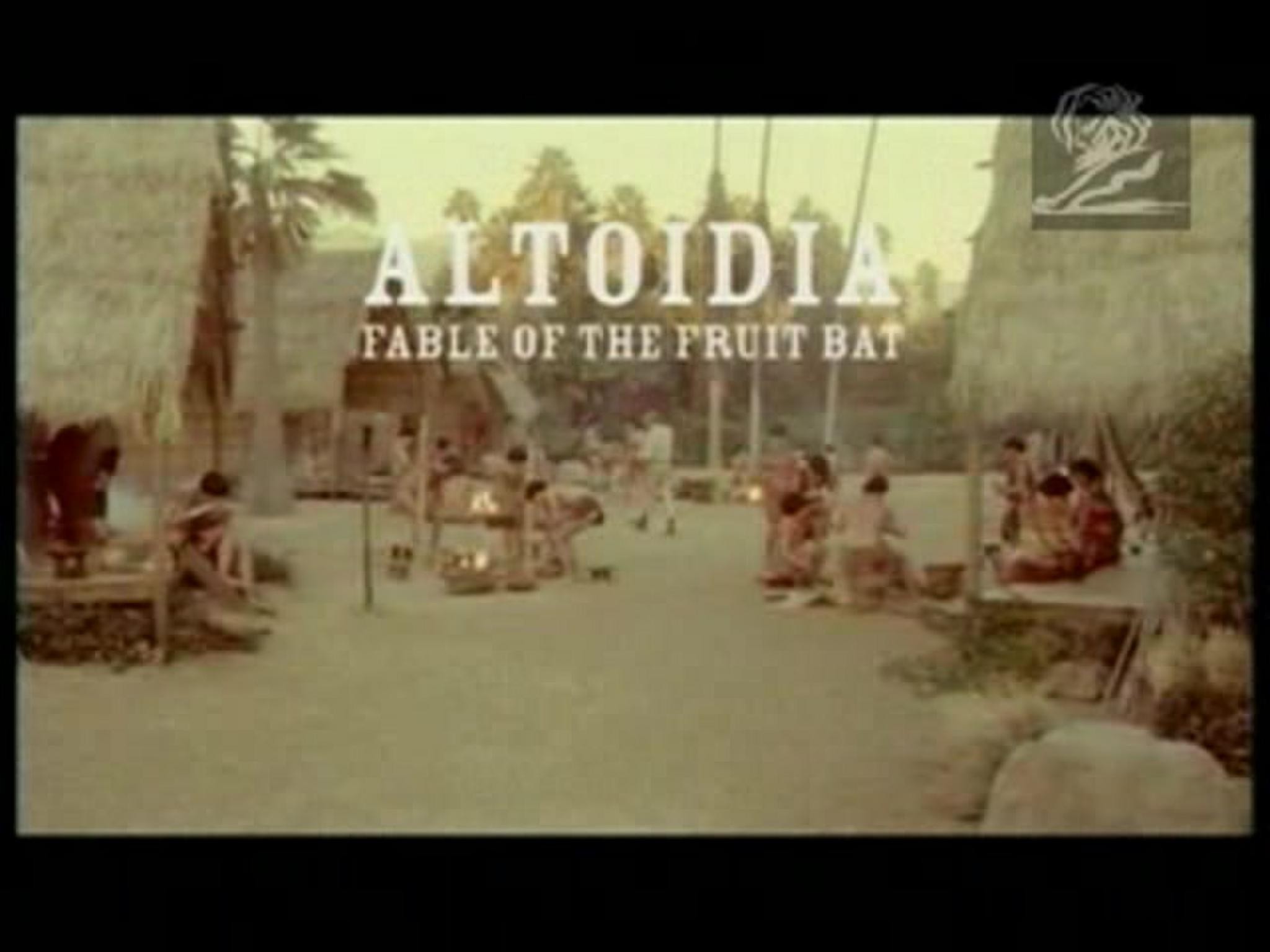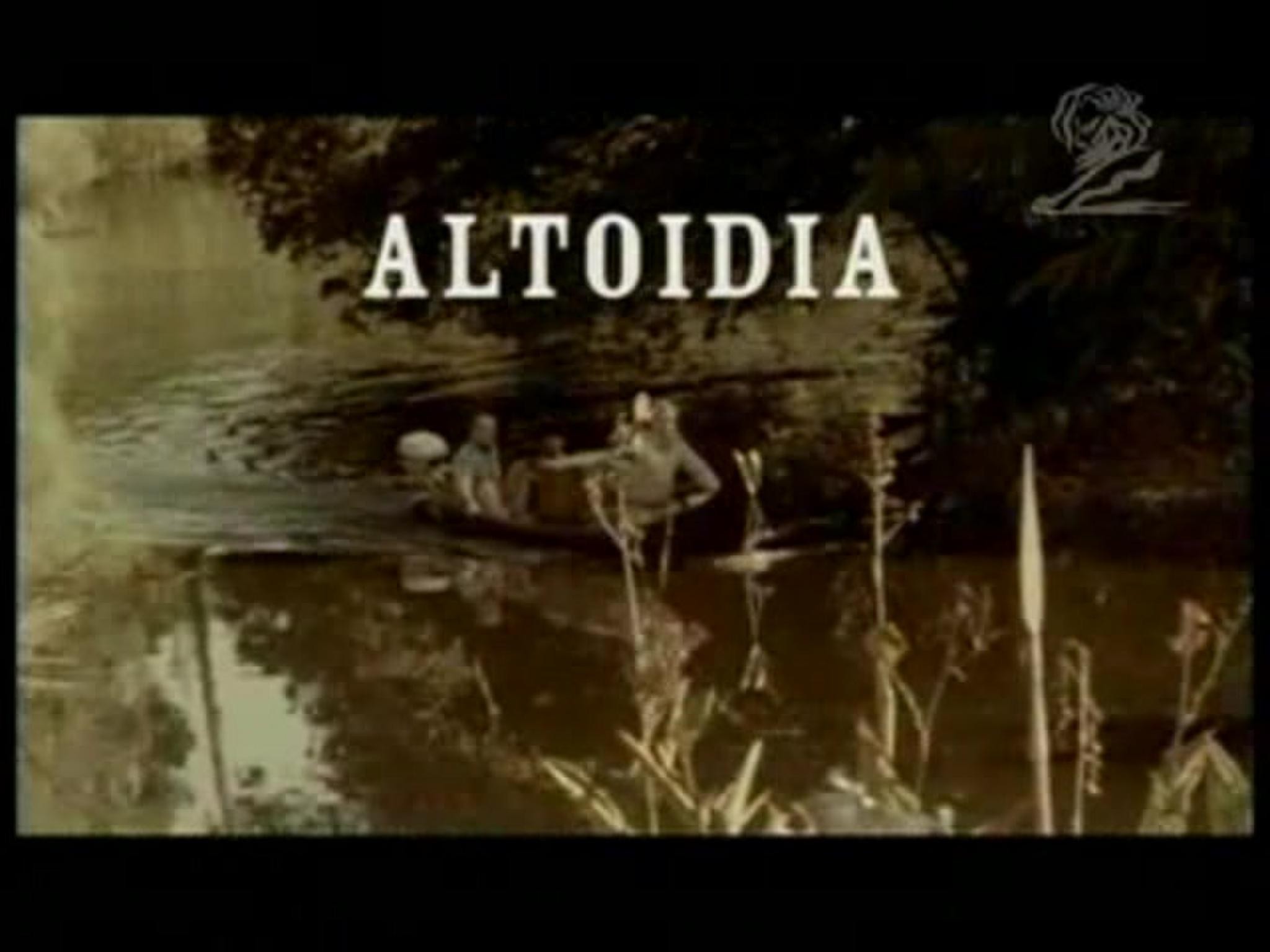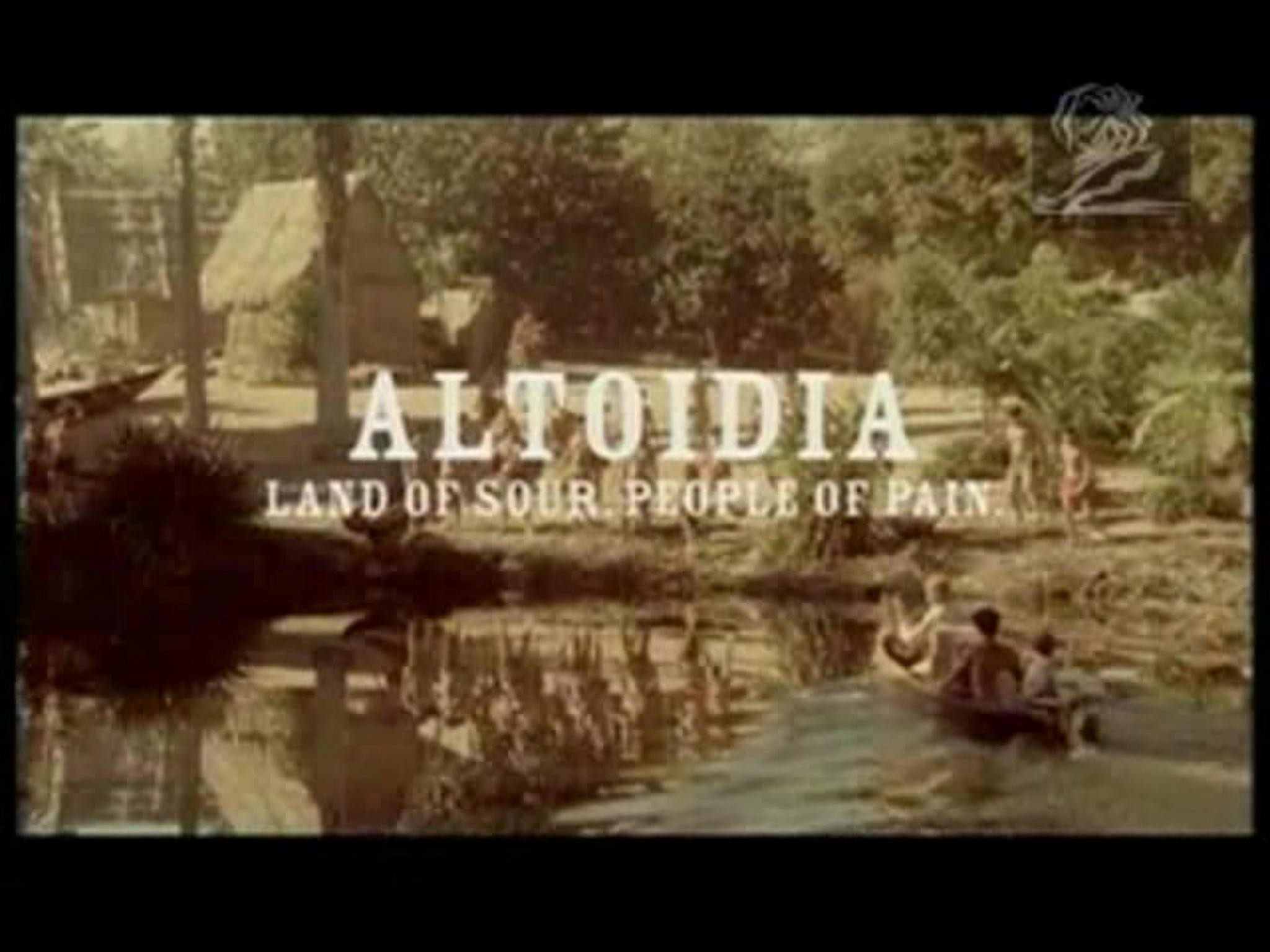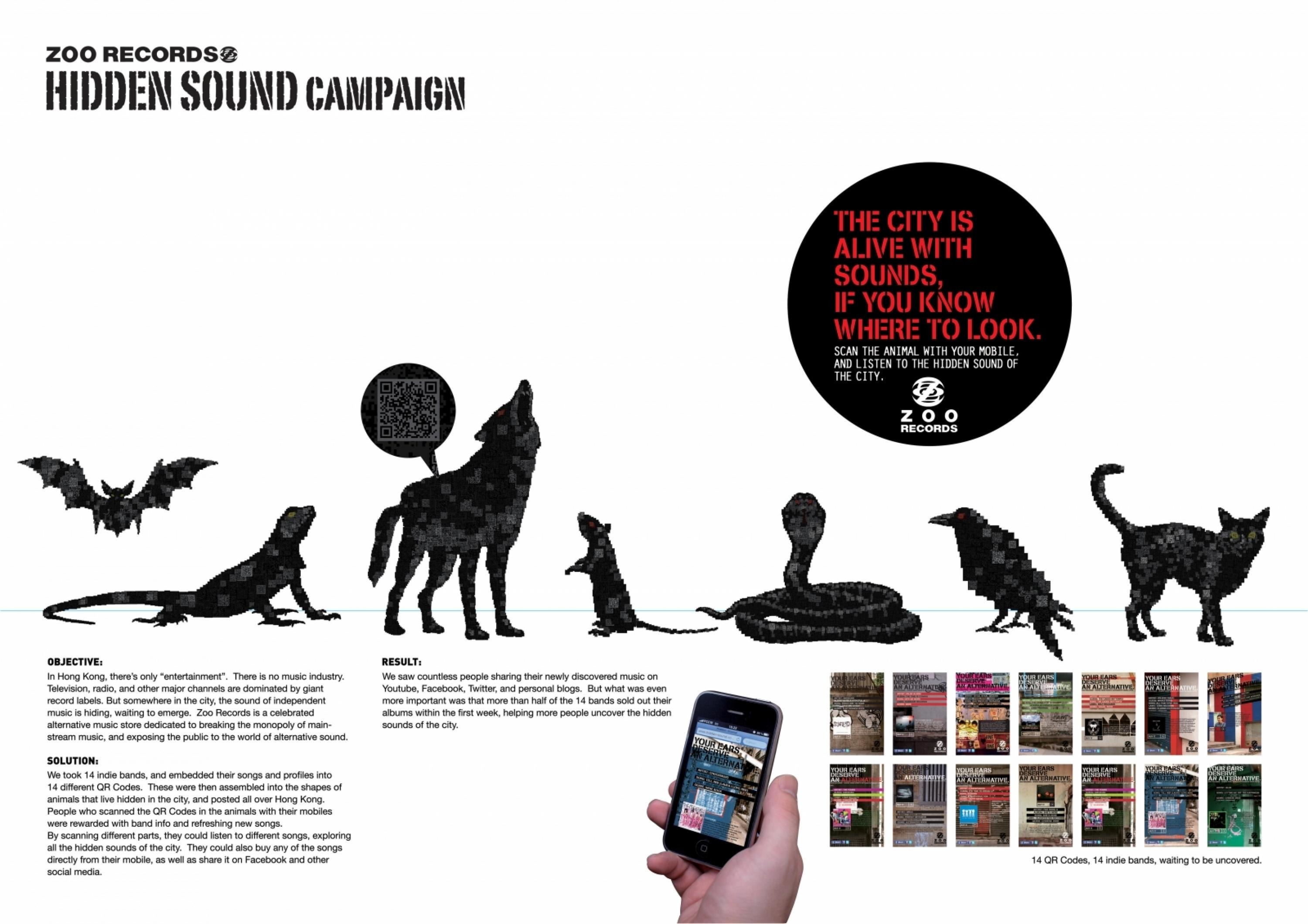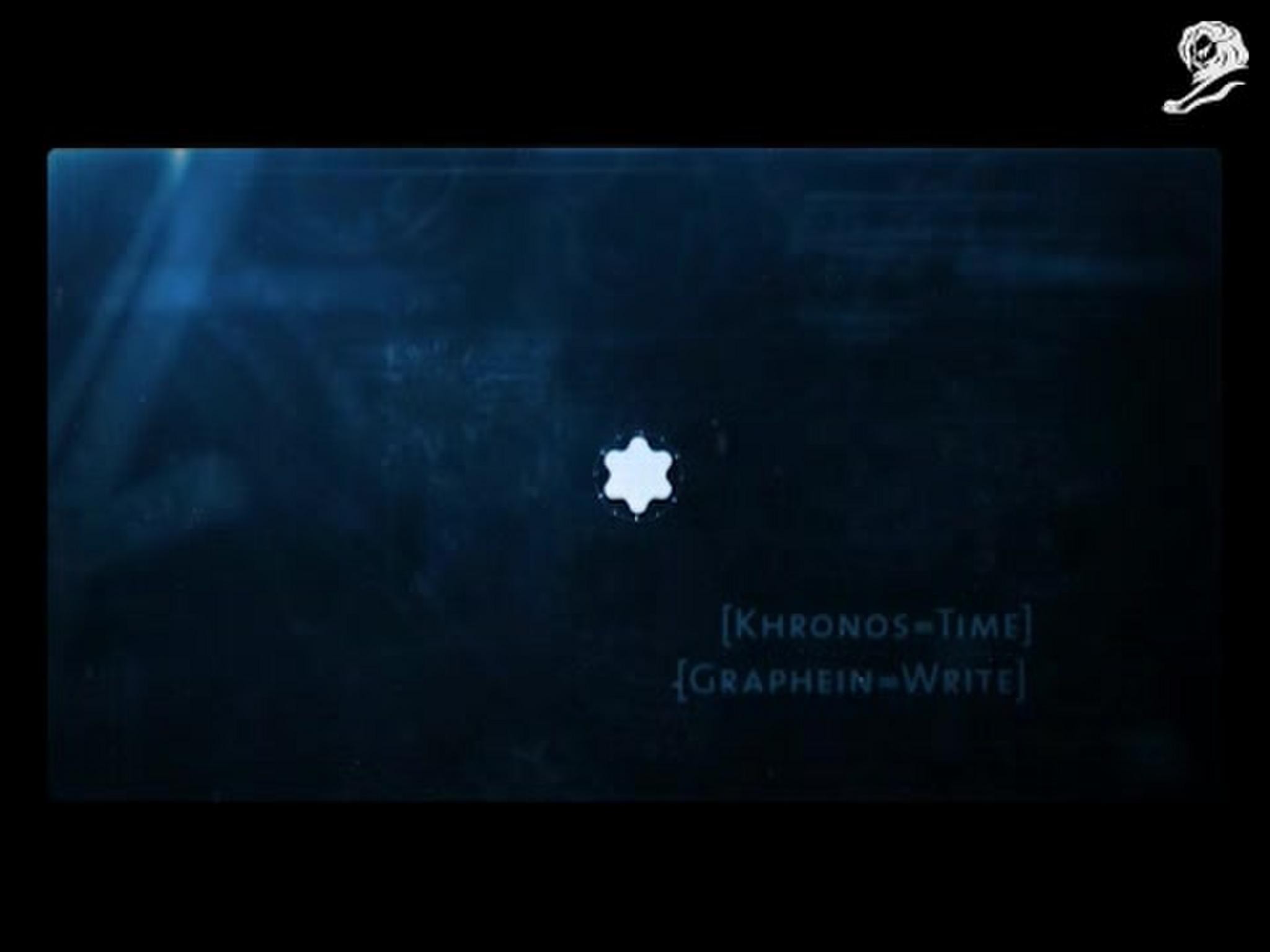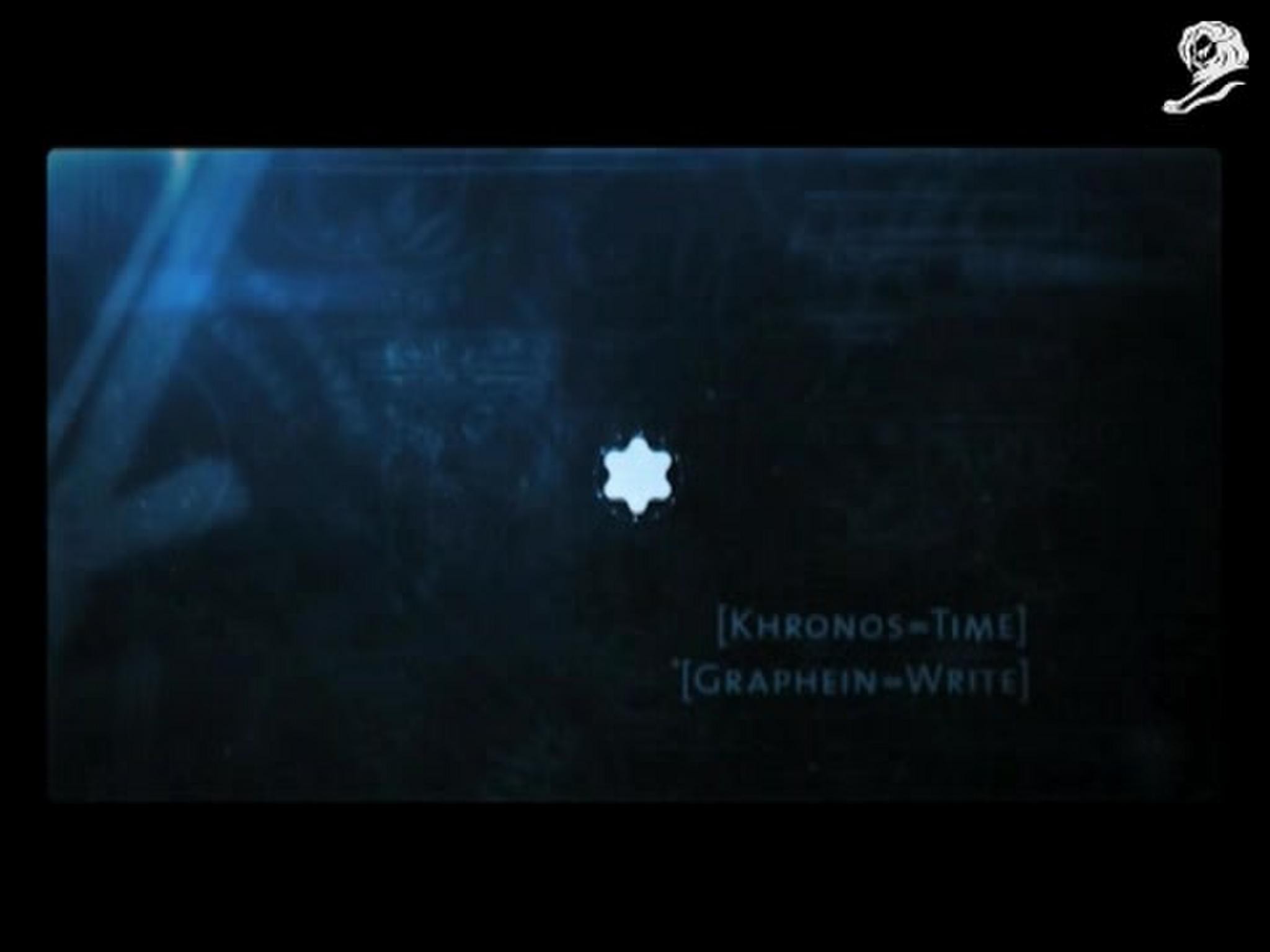Direct > Culture & Context
HEAR MY LAST WISH
LEO BURNETT, Taipei / TAIWAN ORGAN SHARING REGISTRY AND PATIENT AUTONOMY PROMOTION CENTER / 2024
Awards:


Overview
Credits
Overview
Why is this work relevant for Direct?
【Target Audience】Young generation has the intention to donate organs but is hesitating to sign the consent form.
【Action】Addressing the hesitation among young generation who believe that signing an organ donation consent form is ineffective due to potential family deny at the critical moment. This resolution aims to instill confidence in them to willingly sign organ donation consent forms.
【Influence】Encouraging a higher rate of organ donation consent form signings among young generation and subsequently increasing the number of successful organ donation cases.
Background
Young generation in Taiwan faces reluctance to disclose their support for organ donation due to traditional taboos and the insistence on keeping the body intact. Even if they have signed organ donation consent forms, they fear unnecessary conflicts within the family.
However, under Taiwan's current organ donation process, even with personal consent, the crucial moment for deciding whether to remove organs requires approval from living relatives. Many opportunities for successful organ donation are lost when family members veto the decision at this critical moment, resulting in failure.
Please provide any cultural context that would help the jury understand any cultural, national or regional nuances applicable to this work e.g. local legislation, cultural norms, a national holiday or religious festival that may have a particular meaning.
Societal reluctance to discuss organ donation impedes its promotion in Asia. The avoidance of death-related topics and beliefs in preserving the entire body for an afterlife contribute to this obstacle. Many fear organ donation may hinder reaching heaven.
In Taiwan, even signed consent forms require post-mortem family approval for organ transplantation. While this policy aims to verify authenticity and prevent disputes, societal aversion leaves many unaware of the deceased's donation preferences. Fueled by doubt and grief, up to 99% of living relatives may refuse consent during hospital consent-seeking, leading to organ donation procedure failures.
Describe the creative idea
At the pivotal moment of organ donation, emotions outweigh rationality. The most influential figure in persuading family members is none other than the donor themselves.
Hear My Last Wish is an innovative digital service. It allows young generation to record their donation wishes in audio format, played at crucial moments during hospital consent-seeking, ensuring the smooth execution of their intentions.
Integrated into Taiwan's organ donation process since 2023, donors, upon signing consent, can record preferences on devices. The audio is annotated in Taiwan's National Health Insurance Database (NHID), signifying donation wishes. In the hospital's organ donation negotiation room, doctors will play the potential donor's "Last Wish" to seek consent from living relatives. This design targets the pivotal moment - obtaining consent from young generation's living family members. It enables young generation to express intentions, reassuring and convincing loved ones, facilitating successful organ transplants, and realizing donors’ wishes.
Describe the strategy
In Taiwan, although young generation has a high rate of signing organ donation consent forms, the actual number of successful organ donation cases is disproportionately low. The main obstacle lies in the process where, even after signing the consent form, obtaining approval from living relatives is still necessary.
Rather than traditional promotion, we focus on transforming the execution process. Young potential donors record their unspoken thoughts about organ donation when signing the consent form. These recordings are played during critical coordination moments, aiding medical staff in persuasion. This empowers young generation to become their own persuaders, aiming to increase successful organ donation cases.
Describe the execution
Developed in collaboration with Taiwan's Ministry of Health and Welfare and the Organ Sharing Registry & Patient Autonomy Promotion Center, Hear My Last Wish launched publicly in 2023. Integrated with Taiwan's national insurance database, it is now part of the standard organ donation process across all execution hospitals.
Official consent forms include a Hear My Last Wish section, allowing signatories direct access. Volunteers at signing stations nationwide offer tutorials, enabling individuals to record sentiments via QR code, empowering young donors to express wishes actively.
Taiwan Organ Sharing Registry & Patient Autonomy Promotion Center also aids hospitals with training courses, user manuals, and standard operating procedures. This ensures effective use of the Hear My Last Wish database for communication with potential donors' living family members through recorded audio files.
List the results
● Taiwan government officially integrated Hear My Last Wish into the country’s organ donation signing and execution process, successfully connecting with 42 organ transplant hospitals nationwide.
● By December 2023, organ donation consent signings increased by 127%, with over 84% of potential donors recording Hear My Last Wish, creating more than 3567 organ donation voiceprints.
● Organ donation successful cases in 2023 reached a decade-high record, with a 34.6% growth from last year.
● More than 300 organ donation signing stations have been established nationwide, including clinics, schools, and subway. Each station is staffed with volunteers to provide instructions, reaching a total of over 50,000 individuals per day.
● A thematic video featuring actor Liang Xiushen, garnered 1 million views in a month.
● "Hear My Last Wish" received coverage from over 20 media outlets, generating exposure valued at over $1.2 million.
Please tell us about the social behaviour that inspired the work
Among young generation in Taiwan expressing a willingness for organ donation, we observed intriguing social behavior. Despite a strong desire to sign organ donation consent forms, they consistently refrain from taking action.
Through multiple Focus Group Discussions with young generation, we identified reasons for their reluctance to sign organ donation consent forms. Beyond the traditional practice of preserving the body's integrity and the fear of conflicts when discussing with family, they also feel that "even if they sign the consent form, it's ineffective," as it may be denied by family members at the critical decision point.
Hear My Last Wish is inspired by the social behavior of young generation in Taiwan, who express support for organ donation but struggle to openly discuss with their families and sign the organ donation consent form.
More Entries from LEO BURNETT
24 items









